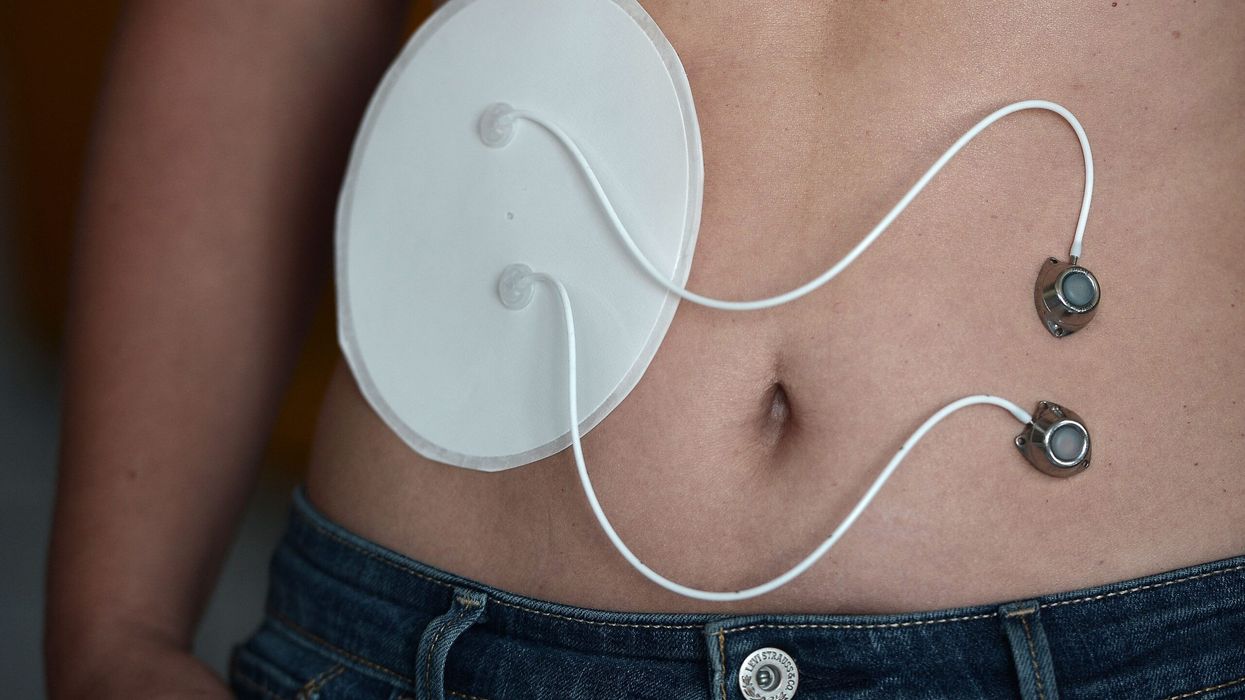The National Health Service (NHS) in England is set to introduce an 'artificial pancreas', a groundbreaking device poised to benefit thousands living with type 1 diabetes. This technology continually monitors blood glucose levels and automatically adjusts insulin delivery via a pump.
Backed by £2.5 million from NHS England, local systems will identify eligible individuals, with the goal of reaching the 269,095 people with type 1 diabetes in England. The initiative aims to enhance quality of life, mitigate life-threatening complications, and alleviate the burden of managing diabetes.
The rollout follows a successful pilot involving 835 individuals and aligns with a 5-year implementation strategy published by NHS England. The National Institute for Health and Care Excellence (NICE) endorsed the technology's national rollout in December 2023. The system targets children, young people, pregnant women, and adults with specific HbA1c levels.
Health Minister Andrew Stephenson commended the technology for alleviating the burden on patients. “People living with type 1 diabetes face the constant stress of needing to monitor their blood glucose levels to stay healthy and avoid complications. This new technology will ease the burden on patients and enable them to manage their condition more easily, without needing to draw blood or wear a continuous glucose monitor," he said.
“This is a great example of how we are harnessing the latest technology to improve people’s lives; enhancing outcomes, reducing serious complications, and simplifying care.”
Beneficiaries of the pilot, Gemma Lavery and Les Watson, praised the device for its transformative impact on their lives. Colette Marshall of Diabetes UK hailed the rollout as a landmark moment, emphasizing its potential to enhance health and quality of life for those with diabetes, as reported by the NHS.
Professor Partha Kar, NHS national specialty advisor for diabetes, said: “The national rollout of Hybrid Closed Loop systems is excellent news for everyone with type 1 diabetes."
Since 2017/18, NHS England has allocated approximately £150 million to support improvements in diabetes care. This substantial investment underscores the NHS's commitment to providing cutting-edge technology and improving outcomes for individuals living with diabetes.
The artificial pancreas system represents a significant advancement in diabetes management, offering a more streamlined approach to insulin delivery and glucose monitoring. By automating insulin dosing, the device reduces the need for manual injections and helps individuals maintain more stable blood sugar levels throughout the day.
The technology will mean some people with type 1 diabetes will no longer need to inject themselves with insulin but rely on technology to receive this life-saving medication.
This can also help prevent life-threatening hypoglycemic and hyperglycemic attacks, which can lead to seizures, coma, or even death for people living with type 1 diabetes. NHS England has provided local health systems with £2.5 million so they are ready to start identifying patients that can benefit.
The mass rollout of the artificial pancreas builds on a successful pilot of the technology by NHS England, which saw 835 adults and children with type 1 diabetes given devices to improve the management of their condition.
Each year, the NHS in England currently spends around £10 billion – approximately 10% of its entire budget – on identifying and treating diabetes.
The nationwide rollout of the artificial pancreas marks a major milestone in diabetes care, with the potential to benefit thousands of individuals across England. As the technology becomes more widely available, it has the power to transform the lives of people with type 1 diabetes, offering hope for a brighter and healthier future.





